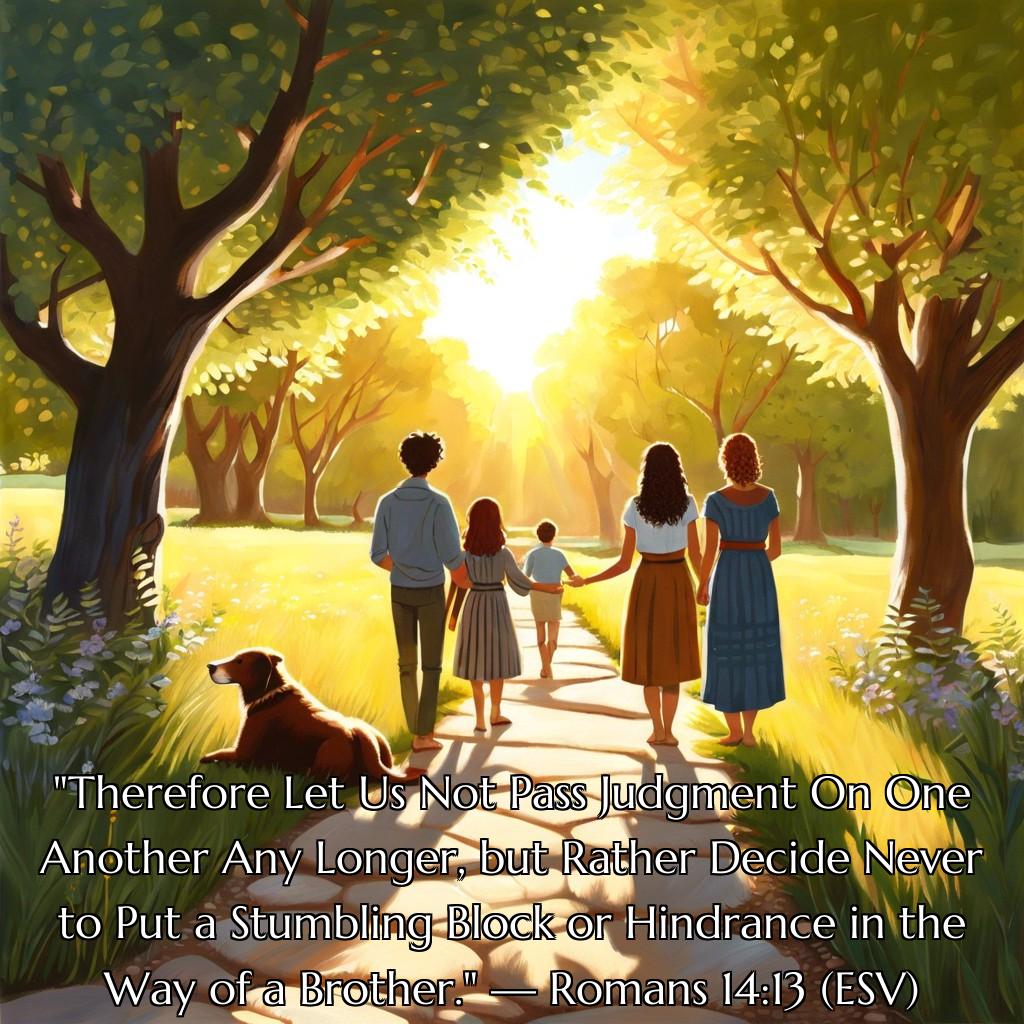This article lists ten Bible verses that can be interpreted to support the idea of female pastors, along with their meanings.
Navigating the discussion around female pastors can be challenging, especially with diverse interpretations of scripture. If you’re searching for biblical support for women in pastoral roles, you’re in the right place. This article delves into specific Bible verses, shedding light on their meanings and how they advocate for the essential role of women in ministry. Read on to uncover the scriptural foundation that backs this perspective.
Galatians 3:28 – “There Is Neither Jew nor Greek, Slave nor Free, Male nor Female, for You Are All One in Christ Jesus.”
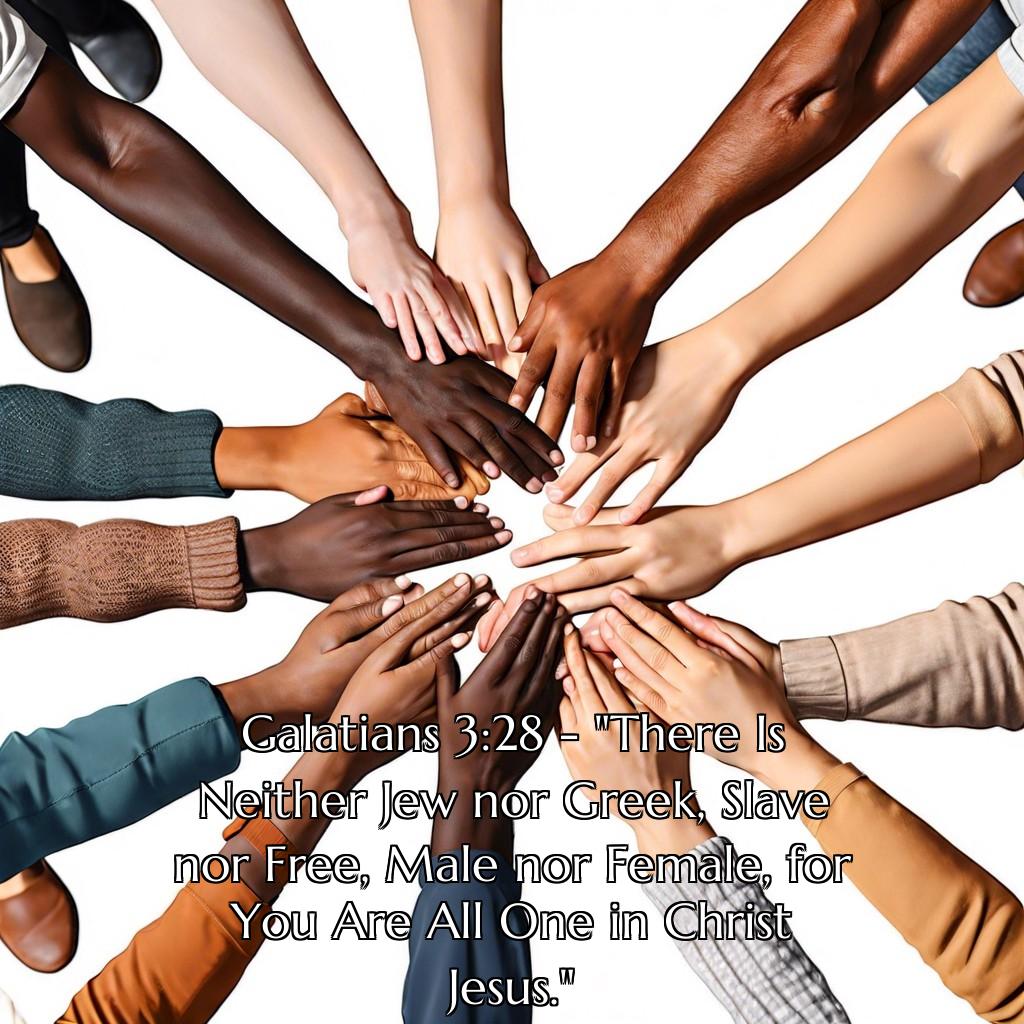
This powerful declaration from Paul emphasizes equality among all believers. Here are key concepts behind this message:
It breaks down social and cultural barriers. In Christ, divisions based on ethnicity or social status are demolished.
It underscores the unity of all believers. Regardless of gender, everyone is equally valued and gifted.
It promotes inclusivity in ministry roles. Many interpret this as support for women’s full participation, including pastoral roles.
This verse aligns with the broader biblical theme of God valuing every individual uniquely and equally. It encourages the church to embrace diverse leadership reflective of this unity.
Romans 16:1-2 – “I Commend to You Our Sister Phoebe, a Deacon of the Church in Cenchreae. I Ask You to Receive Her in the Lord in a Way Worthy of His People and to Give Her Any Help She May Need From You, for She Has Been the Benefactor of Many People, Including Me.”

Phoebe’s role as a deacon in the early church is quite telling.
Paul commends her, indicating his high regard for her work. This commendation is significant, as it shows Phoebe’s leadership and service were recognized.
He asks the Roman church to support her, showing mutual respect and collaboration. The request for help emphasizes the importance of her mission and the trust placed in her.
Phoebe is called a benefactor, implying her substantial contributions to the church, both in service and support.
This passage highlights that women held key positions of leadership and influence in the early Christian community. It showcases an early example of female pastoral leadership being not only accepted but endorsed by prominent church figures like Paul.
Acts 2:17-18 – “‘In the Last Days, God Says, I Will Pour Out My Spirit On All People. Your Sons and Daughters Will Prophesy, Your Young Men Will See Visions, Your Old Men Will Dream Dreams. Even On My Servants, Both Men and Women, I Will Pour Out My Spirit in Those Days, and They Will Prophesy.”

This passage highlights the inclusive nature of God’s calling. It emphasizes that His Spirit is poured out on all people without distinction. Sons and daughters prophesy, breaking gender barriers.
God’s vision is expansive. Young and old experience divine revelations, reinforcing that wisdom and insight aren’t confined to age.
Importantly, God explicitly mentions servants, both men and women. They are equally endowed with the ability to prophesy.
This underscores that spiritual gifts and roles within the church aren’t restricted by gender. All believers have the potential to serve according to God’s will, enriching the argument for female pastors.
Joel 2:28-29 – “And Afterward, I Will Pour Out My Spirit On All People. Your Sons and Daughters Will Prophesy, Your Old Men Will Dream Dreams, Your Young Men Will See Visions. Even On My Servants, Both Men and Women, I Will Pour Out My Spirit in Those Days.”
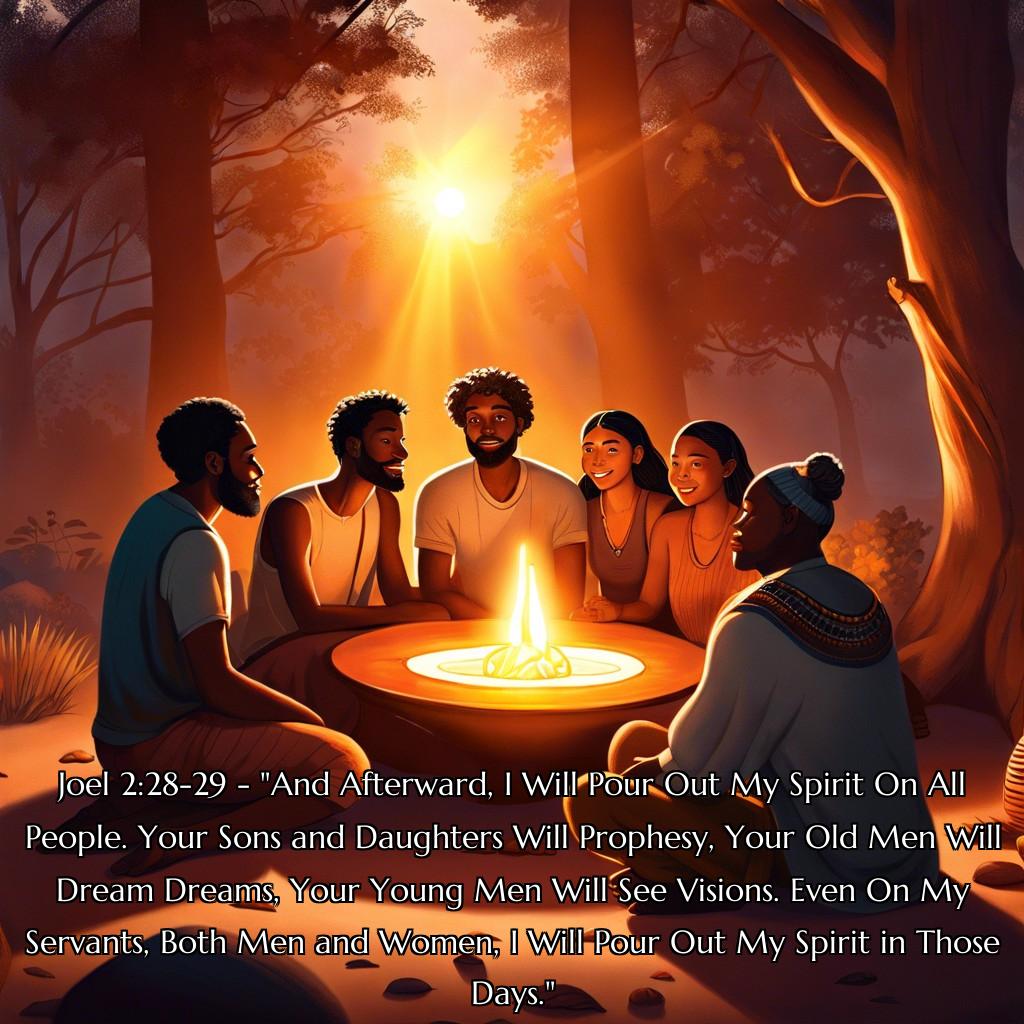
The prophecy in Joel highlights crucial aspects of equality in spiritual calling and gifting:
The phrase “I will pour out my Spirit on all people” signifies that God’s Spirit is not limited by gender, age, or social status. This inclusivity reinforces the capability of both men and women to serve God in significant roles.
When Joel states, “Your sons and daughters will prophesy,” he explicitly mentions daughters, indicating that women are equally endowed with prophetic gifts that are essential to the community of believers.
The reference to servants, “both men and women,” implies that the Spirit’s outpouring enables all individuals, regardless of their societal status, to participate actively in God’s work.
The prophetic vision portrays a community where men and women are empowered to fulfill their divine roles without restriction, supporting the idea that women can serve as spiritual leaders and pastors.
Judges 4:4-5 – “Now Deborah, a Prophet, the Wife of Lappidoth, Was Leading Israel At That Time. She Held Court Under the Palm of Deborah Between Ramah and Bethel in the Hill Country of Ephraim, and the Israelites Went Up to Her to Have Their Disputes Decided.”

Deborah stands as a powerful testament to female leadership in the Bible. As a prophet and judge, she played a pivotal role in guiding and leading Israel.
First, Deborah’s prophetic role highlights that God bestows spiritual gifts irrespective of gender. Her wisdom and connection to God were acknowledged by all.
Second, her position as a judge underscores her authority. Israelites came to her for resolution of their disputes, showing their respect and trust in her leadership.
Lastly, her collaboration with Barak in battle shows she was not just a spiritual leader but also a military strategist. This multi-faceted role reinforces the idea that women can hold powerful, diverse leadership positions within the faith community.
Philippians 4:2-3 – “I Plead With Euodia and I Plead With Syntyche to Be of the Same Mind in the Lord. Yes, and I Ask You, My True Companion, Help These Women Since They Have Contended At My Side in the Cause of the Gospel, Along With Clement and the Rest of My Co-workers, Whose Names Are in the Book of Life.”
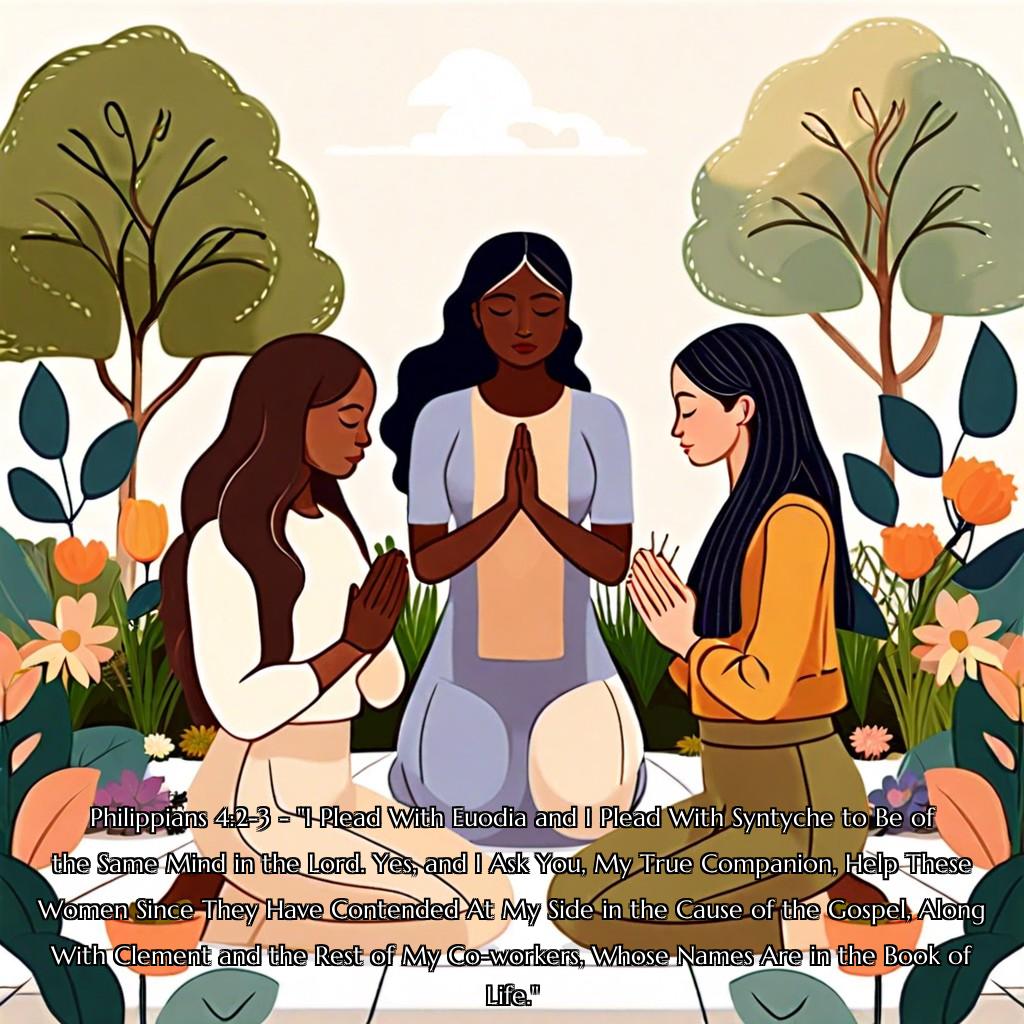
Paul’s message to the Philippians highlights the significant roles of Euodia and Syntyche. These women were more than just participants; they were active collaborators in spreading the gospel. Their inclusion as co-workers indicates that their contributions were valued equally to the male counterparts like Clement.
By urging unity, Paul shows that the harmony and mutual respect among these leaders were crucial. It underscores the idea that leadership in the church isn’t about gender but about working together in faith.
This passage also reflects early church practices, where women were accepted and respected as leaders. Their dedication and hard work were recognized, suggesting an egalitarian approach within the community of believers.
Acts 18:26 – “He Began to Speak Boldly in the Synagogue. When Priscilla and Aquila Heard Him, They Invited Him to Their Home and Explained to Him the Way of God More Adequately.”

Priscilla, alongside her husband Aquila, played a significant role in early church leadership. When encountering Apollos, an eloquent speaker but lacking in complete understanding, they didn’t dismiss him. Instead, they took him in and provided deeper insights into God’s word. This act reflects the collaborative and instructional role women like Priscilla held.
Several concepts arise from this passage:
- Priscilla’s involvement shows that women were active in teaching and leadership.
- The context of home-based mentoring underscores the early church’s inclusive and nurturing environment.
- Apollos’ acceptance of instruction from a woman highlights mutual respect and recognition of spiritual wisdom, regardless of gender.
These points illuminate the early church’s approach to female leaders and emphasize the value of their contributions.
Romans 16:7 – “Greet Andronicus and Junia, My Fellow Jews Who Have Been in Prison With Me. They Are Outstanding Among the Apostles, and They Were in Christ Before I Was.”
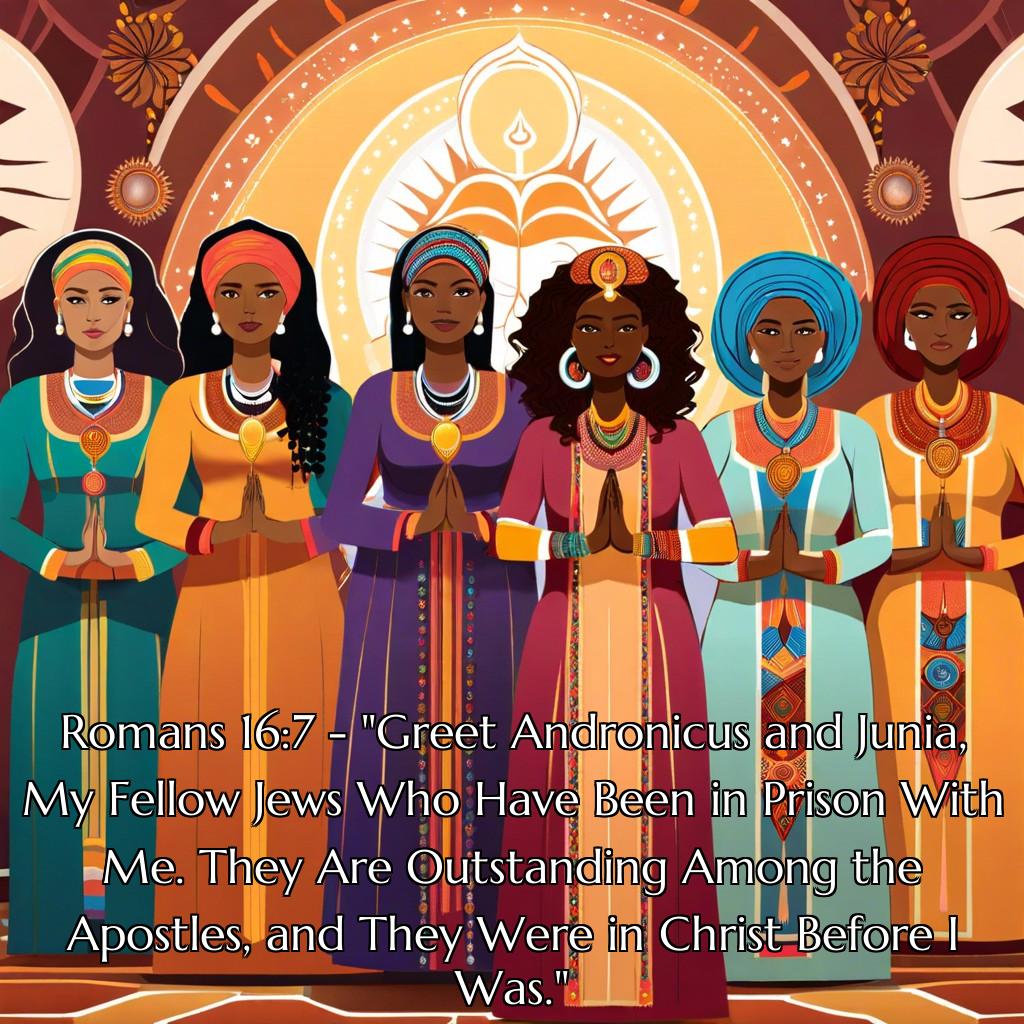
This verse highlights Junia, considered by many scholars to be a female apostle. Paul describes her and Andronicus as “outstanding among the apostles.”
The key points to consider:
Junia’s inclusion among the apostles suggests early Christian recognition of female leadership.
The phrase “outstanding among the apostles” indicates a role of significant prominence and respect.
Acknowledging Junia in Rome, a male-dominated society, underscores the inclusive nature of early Christianity.
Paul’s commendation of Junia as an apostle reinforces the legitimacy of women serving in leadership roles.
Understanding this context challenges traditional views and opens up the conversation for female pastors today.
Micah 6:4 – “I Brought You Up Out of Egypt and Redeemed You From the Land of Slavery. I Sent Moses to Lead You, Also Aaron and Miriam.”
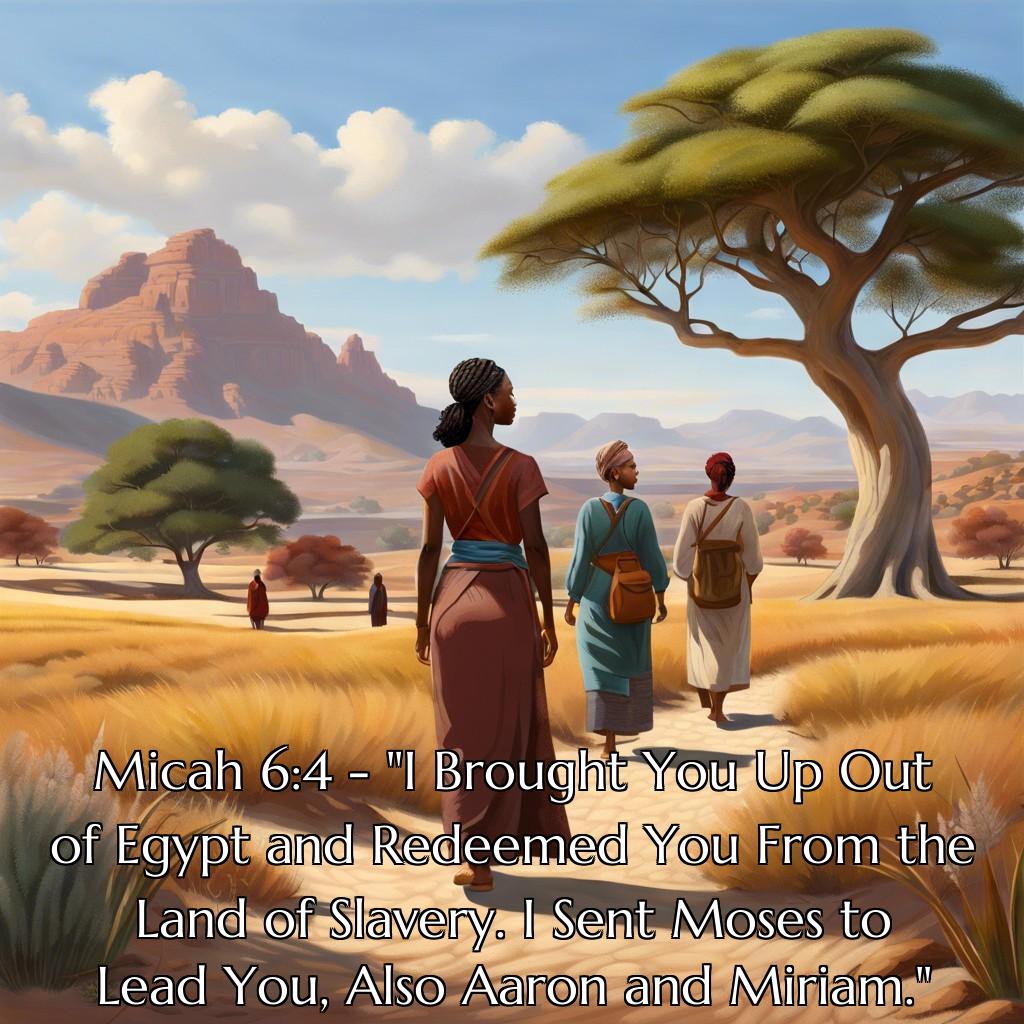
In Micah 6:4, Miriam is mentioned alongside Moses and Aaron, highlighting her leadership role. This verse validates that God’s choice of leaders is not confined to men alone.
Miriam, recognized here as a leader, stands as an example for female leadership in spiritual matters.
- God’s appointment: Miriam was divinely chosen to lead, signifying God’s endorsement of female leaders.
- Equal standing: Mentioning Miriam with Moses and Aaron underscores her comparable authority.
- Historical precedent: Her role sets a biblical precedent for women holding significant spiritual authority.
By acknowledging Miriam’s role, this verse supports the perspective that women can indeed take on vital leadership roles, including pastoral positions, within the church.


